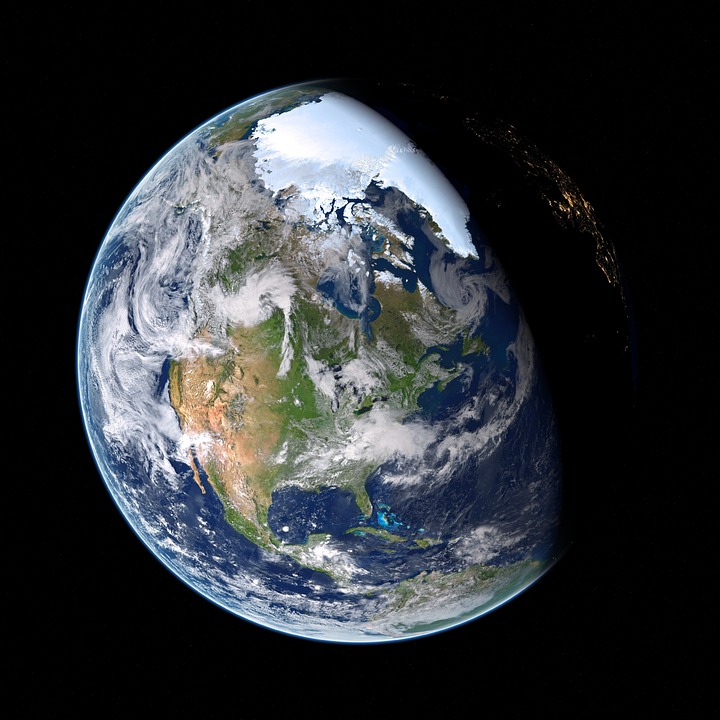Understanding Global Warming
Global warming is the long-term heating of Earth’s climate system observed since the pre-industrial period. It is primarily caused by human activities, such as burning fossil fuels, deforestation, and industrial processes. The effects of global warming include rising temperatures, melting ice caps, and extreme weather events.
Steps To Prepare For Global Warming
Educate Yourself
Stay informed about the latest scientific research on global warming and its impacts. Understanding the causes and effects of global warming is the first step towards preparing for its consequences.
Reduce Your Carbon Footprint
One of the most effective ways to combat global warming is to reduce your carbon footprint. This can be done by using energy-efficient appliances, driving less, and supporting renewable energy sources.
Prepare Your Home
Take steps to make your home more resilient to extreme weather events. This may include installing storm shutters, reinforcing your roof, and creating a disaster preparedness plan.
Support Climate Action
Get involved in local and global efforts to combat climate change. This can include advocating for renewable energy policies, participating in climate marches, and supporting organizations dedicated to fighting global warming.
Conclusion
Global warming is a pressing issue that requires collective action to address. By educating yourself, reducing your carbon footprint, preparing your home, and supporting climate action, you can help mitigate the impacts of global warming and create a more sustainable future for generations to come.

Kyle Whyte is a notable scholar and professor at the University of Michigan, holding positions such as the George Willis Pack Professor in the School for Environment and Sustainability and Professor of Philosophy. Specializing in environmental justice, his work critically examines climate policy and Indigenous peoples’ ethics, emphasizing the nexus between cooperative scientific endeavors and Indigenous justice. As an enrolled Citizen Potawatomi Nation member, he brings a vital perspective to his roles as a U.S. Science Envoy and member of the White House Environmental Justice Advisory Council. His influential research is supported by various prestigious organizations including the National Science Foundation, and disseminated through publications in high-impact journals. Kyle actively contributes to global Indigenous research methodologies and education, with affiliations to numerous institutes and societies dedicated to traditional knowledge and sustainability. Recognized for his academic and community engagement, Kyle has earned multiple awards and served in various visiting professorships. His efforts extend to leadership positions on boards and committees focused on environmental justice nationwide.
